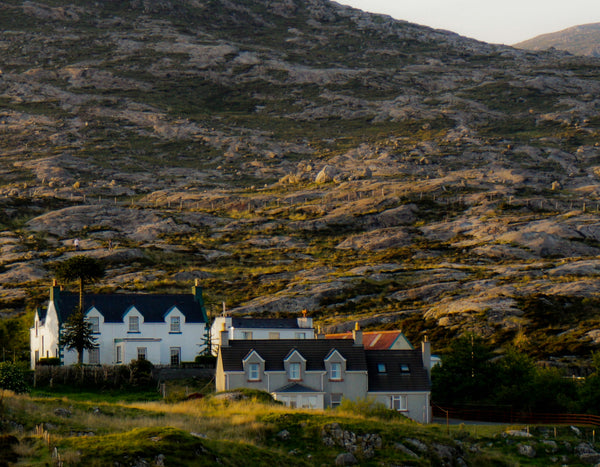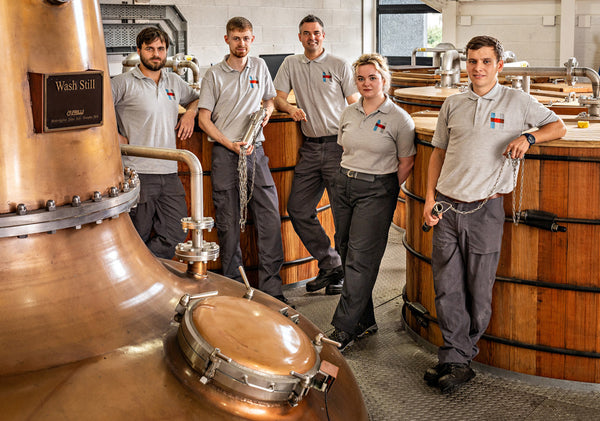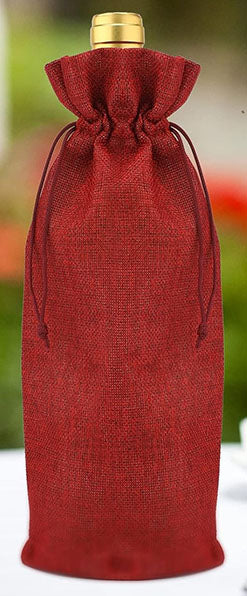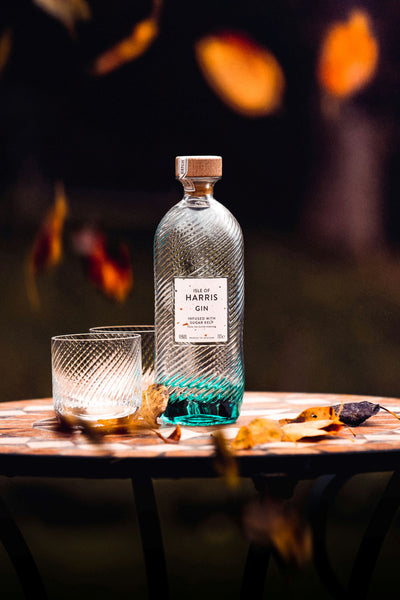The Isle of Harris Distillery is a small distillery nestled in the heart of the Isle of Harris in the Outer Hebrides, Northwest Scotland. In a quaint harbour village, on the waters of East Loch Tarbert, sits a striking clean white and slate grey building. Its sharp, angular architecture strikes a contrast against the rounded, mountainous landscape. When darkness falls, a warm, coppery glow spills out of the large windows that frame the front façade as the team of locals inside are finishing up for the day.

The Isle of Harris Distillery was founded in 2015 as an investment not only in spirits but in Harris, too. The island has a modest population of just under 2000 people and the distillery employs around 50 of them. It serves as a source of pride in their local produce as their gin and whisky feature ingredients native to the island itself. But it also serves as an example of the potential the island holds.
We started collaborating with the Isle of Harris Distillery last year, and it hasn’t taken long for their gin and whisky to capture the hearts of many of you in The Whisky Stock community. With such a culturally rich and inspiring story behind them, it’s only natural we tell it. So we sat down with two of the distillery’s original team: Shona Macleod, distillery blender and Norman Ian Mackay, distiller, to learn more about the roles they play in crafting these well-loved spirits.
Shona, tell us a little about your role as a distiller blender.
Shona: Well, first of all, I’m training to be a blender at the moment. We’re supported by two consultants, one that works with production and one who works on spirit quality so we learn from them. We’re the ones in here day in, day out, working with our own spirits. So yeah, it’s early days for me, career-wise!
Norman, how does your role differ? Tell us about your day-to-day as a distiller.
Norman: I’m one of a team of five distillers and we operate in two shifts, producing the spirit for the Hearach bottling. We make whisky on demand because it’s a much quicker turnaround. You can make gin from start to finish in about three days as opposed to the bare minimum of three years for whisky so we’ve been plugging away at creating the spirit for the Hearach every day.

What would you say are the hardest parts of your jobs?
Shona: Well, originally the equipment was bought and the recipe was developed to create a certain spirit, but nobody really knew what would come out of the cask at the end of the day, how it would mature. Because nobody had done it before. So it’s nerve wracking, rather than hard – that approach to the launch when we start to disgorge our casks for the first time.
Norman: No one can give you a cast iron guarantee of what that’s going to taste like in 5, 6, 7, 8 years. So we’re hopefully at the beginning of a very long and successful journey. We’re extremely proud of the product that we’ve produced and we definitely think we’re punching above our weight!
How did you get into distilling?
Shona: I’ve been involved in the distillery for almost ten years, since the start, I was managing all the guest services. But when it came to spirits and sensory analysis, it was completely new to me. I just kind of took to it and was really interested. So as we approached the whisky launch, we were ramping up everything in that area and I decided to throw myself into that a little bit more.
Norman: The start of my role was very similar in that I had zero experience of the distilling industry apart from the appreciation of a nice dram now and again. When the distillery was first built, I assumed that to apply for a distilling job, I would need to know how to distil. Thankfully, I was wrong!
Tell us about the distillery itself, what makes it different from others?
Norman: We do everything here, we produce the spirit here, we bottle it here, we put it into cask here. We store it and mature it on the island, which is very unusual. If we didn’t mature it on the island, we’d lose some of the island’s influence on the maturation process. It’s not a single thing that makes us different or more unique, it’s just lots of little things that are unique to us that a lot of people don’t do.
What does the distillery mean for the Isle of Harris and its inhabitants?
Shona: It’s been a really welcomed project. The world didn’t need another malt whisky or gin, but the island did need something. Our founder wanted to create something that would last for generations. Famously, he said, “how can I bottle Harris and share it with the world?” But the purpose of our distillery is really to provide long term employment, catalysts for other industries.
Norman: Especially in the last couple of years, the age profile of the distilling team has changed somewhat. It’s drawn younger people back who used to live on the mainland. It’s not going to transform the place overnight, but it’s a beacon of hope, essentially. It’s definitely something the people of Harris are proud of. They’re proud of what we produce, what we’ve shown is possible in a remote area.
Shona: It’s definitely given renewed optimism to making the population of Harris a viable one. The company didn’t helicopter people in who knew what they were doing already, they opened their doors to entirely local people to work here.
You have two products – gin and whisky. What makes them so special?
Norman: I’ll start with the whisky – it’s the production process. It follows the pace of island life, nothing is rushed. We collect spirits for four hours, which is quite slow. We want to accentuate the copper contact with the spirit. Our fermentations are very long, five days. And our short fermentations are three days. Our wood policy is excellent and our maturation location is unique to us. As I said, everything is done meticulously and quite slowly so nothing is rushed for the sake of rushing. We could make more but we would be almost breaking the covenant we've made with the spirit of our product. So that's never going to happen. We’ll never compromise on the quality.
Shona: What makes our gin different? I think definitely the addition of sugar kelp. When we started making it, nobody else was using seaweed in that way – certainly not sugar kelp, anyway. No one can really pinpoint what the sugar kelp does, flavour-wise. But we know it changes the other botanicals around it, it just works really well. And the other thing we do with our gin is we discard the heads and tails. So we just take the heart of the spirit.
Who is the Kelp Man?
Shona: Ah, The Kelp Man! I think he’s mortified by the amount of publicity we give him. His real name is Lewis Mackenzie. He forages and dives for all sorts of unusual seaweeds. He hand-dives for our kelp, then it goes to the Hebridean seaweed factory up in Lewis and they process it for us. We have a pop-up version of him, we take it to events. And women love him, they want to get his phone number and take selfies with him!
What’s next for the Isle of Harris Distillery?
Shona: Onward and upwards! We’re working toward new products. I mean in whisky – we’re not going to start making tequila or rum! We’re so young, our oldest casks have only been maturing for eight years so we don’t have a huge box of chocolates, if you like, in our warehouse to dip into like more established distilleries do. Our focus was producing whisky for The Hearach with two or three other options that are still maturing away nicely. So that's really what we're working on.
Nothing whets the appetite quite like learning about the magic that goes into each and every bottle of Isle of Harris gin and whisky. The good news is that you can get your very own bottled-up piece of the Island from our Isle of Harris collection.
Slàinte Mhath!





